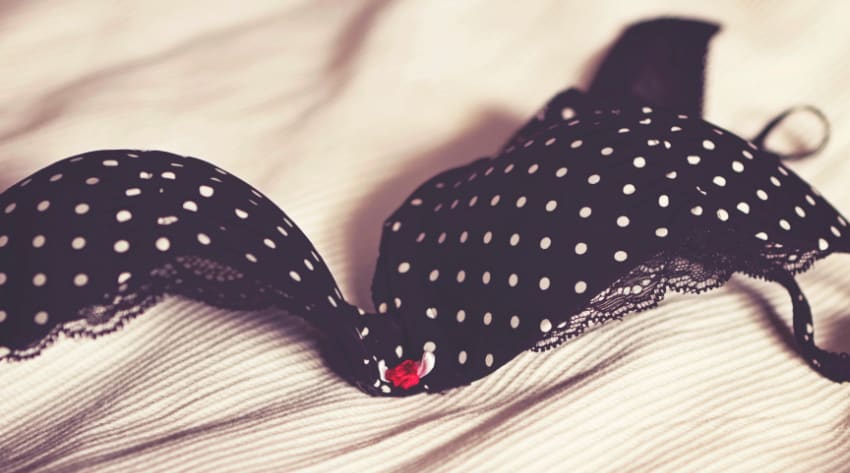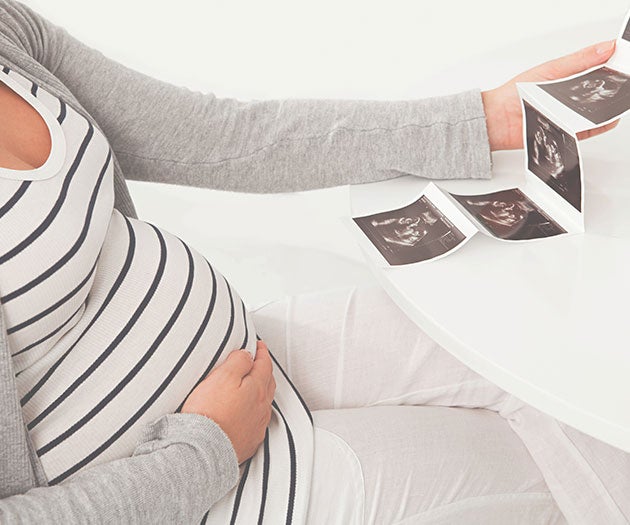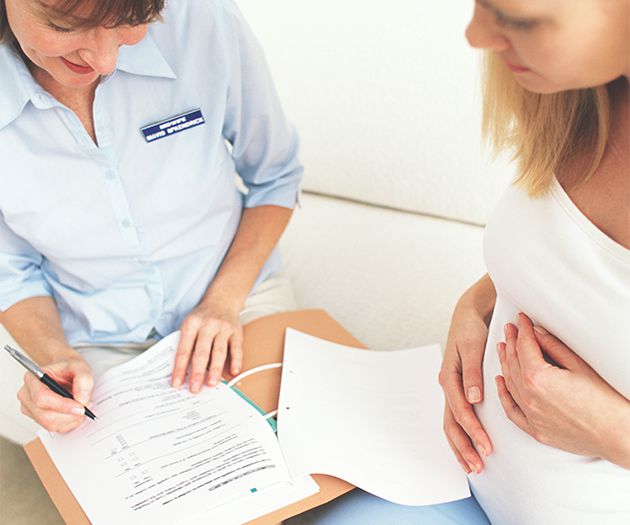Introduction
Hello hormones. Over the next few months, pregnancy hormones such as oestrogen and progesterone (and some others) play a huge part in getting your body ready to deliver baby. So, time to get hormone savvy and learn how they can be both friend and foe. You’ll also find tips on how to manage some of the dramatic changes.
Aches and pains in pregnancy
Feeling a bit achy? That’ll be due to the pregnancy Relaxin hormone. Like its name suggests, it relaxes and loosens your ligaments, muscles and bones to make room for your growing bump. Good for baby but for you it could mean feeling achy in your lower back, knees, hip bones and joints, especially as baby starts to get heavier. Here’s a few tips that could help ease the pain from hormones during pregnancy:
-
Swim. High impact exercise like jogging can make soft joints feel worse so a gentle swim could be a better option. Why not check out our step-by-step guide to gentle pregnancy exercise.
-
Stretch. Pregnancy yoga and pregnancy pilates are gentler versions that won’t harm you or your baby and can help stretch out tired limbs.
-
Massage? It can be a great relief to have a soothing massage from a sympathetic friend, relative or partner – but remember not to massage your abdomen during the first three months of pregnancy.
-
Maternity pillows. They’re amazing. Wrap your legs round one for a bit of hip relief at night. You’ll end up using it for years to come.
Hair changes due to pregnancy hormones
As the weeks go by you may find you have a common pregnancy symptom called ‘famous hair’ – thicker, fuller shinier hair that only famous people have. You can thank oestrogen for that, making your hair grow faster and fall out less. Trouble is, it’s not always the hair on your head. Watch out for sprouting on arms, face and even back. Here’s a few tips for those good and bad hair days:
-
Soak it up. Book in as many red-carpet events while your hair looks lush and full and lap up those compliments. It won’t last forever
-
Wax off. Try waxing, threading or tweezing, instead of bleaching, electrolysis and depilatory creams as they’re too strong.
-
Pamper yourself. Ever done your bikini line with a baby sized bump in front of you? Lie back and let the professionals do the waxing for you.
-
Chop chop. With all that lush long hair it might be time to try a fabulous ‘yummy mummy’ hairstyle that goes with the new you.
Breast changes during pregnancy
When it comes to changes in pregnancy this is the big one. Or rather, the big two. Thanks to the hormone progesterone in pregnancy, your breasts will never be the same again. Bigger. Fuller. Milkier.
- Breasts feeling sore and tender
- Breasts become itchy (that’s your skin stretching)
- Nipples become darker, drier or puffy
- Veins get bluer and more noticeable
- Nipples leaking milk
That’s pregnancy for you. Here are some tips on how to look after your breasts during pregnancy:
-
Be supportive. A good bra will be your bosom buddy. Non-wired, full support, and cotton are best.
-
Moisturise. As your skin stretches you can keep your delicate breast skin supple by using moisturizer morning and night.
-
Pads. Many women produce milk before baby comes. Nursing pads could save you from damp patches at work.
Changes to your taste buds during pregnancy
Dysgeusia. It’s the medical term for the weird changes to your taste buds, probably due to the hormone oestrogen surging through you. You may well find yourself hating the foods you loved and loving some very strange new foods, and sometimes you might get an odd metallic taste in your mouth. These tips could make things easier to swallow:
-
Gherkin anyone? Sour, sharp flavours can be easier on your new palate.
-
Fresh citrus. Oranges, grapefruit, lemons and pineapple can offer a refreshing relief to a metallic mouth.
-
Brush away. Brushing your tongue (and your teeth), with a fresh minty toothpaste can balance your PH levels.
-
Explore. While you’ve got these new taste buds, you might as well tickle them with a few new flavours. Why not check out our comprehensive list on what foods to eat when pregnant for some inspiration.
Nosebleeds during pregnancy
Oestrogen during pregnancy makes your blood vessels dilate and progesterone causes an increase in your blood supply, together they put pressure on the delicate veins in your nose. That’s why you’re twice as likely to get nosebleeds when pregnant. Here’s a few tips to help:
-
Blowing hot and cold. Avoid air-conditioned or overly heated rooms which can dry out your nose.
-
Protect. For a bit of relief, try rubbing Vaseline on the base of your nose to stop chaffing.
-
Spray up. A nasal spray could help prevent dryness, but ask your GP to be sure.
Changes in sex drive during pregnancy
Sex drive can be majorly affected by the increased blood flow and cocktail of pregnancy hormones running through you. Some days you’d rather do your taxes, other days you might not be able to think about anything else but sex.
-
Not in the mood? There are other ways to be intimate with your partner apart from intercourse.
-
Love doesn’t hurt. As long as there are no complications, baby will be totally oblivious. Enjoy it while you can.
-
Talk. Your partner might feel confused by mixed messages. Help them understand your sex drive is in the hands of your pregnancy hormones.
Changes in blood pressure during pregnancy
The hormone progesterone in pregnancy relaxes the walls of your blood vessels. And by the time you’re 24 weeks pregnant, you’ll have made an extra litre of blood, which your heart has to pump around your body.
So, it’s perfectly normal for your blood pressure to go up and down as a result of pregnancy hormones. Here’s a few tips to manage the changes:
-
Relax. Stress can affect your blood pressure so try some relaxation and breathing techniques.
-
Take it slow. When you’ve got all that extra blood pumping round you, sudden bending or standing can make you dizzy, so go easy.
-
Baby on board. Long periods of standing can make you feel faint. Get that ‘Baby on board’ badge and enjoy the special treatment.










